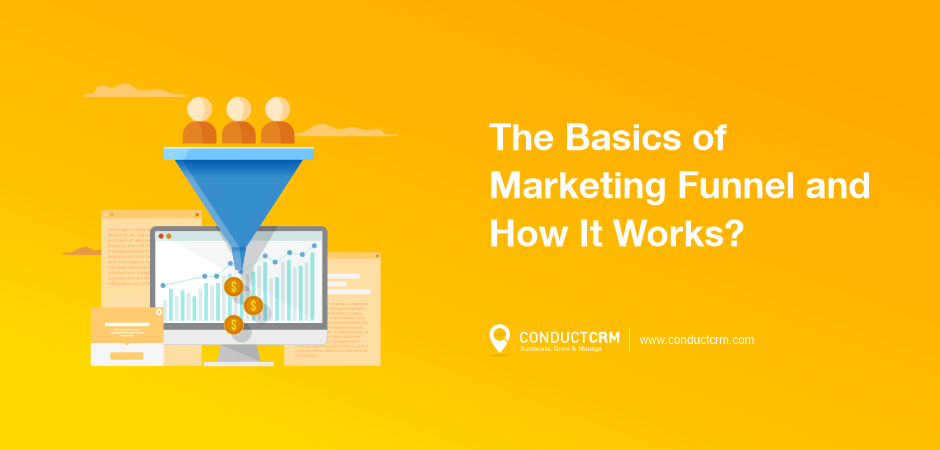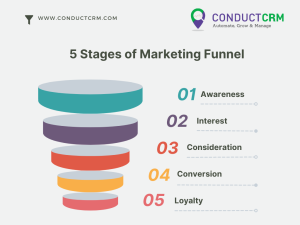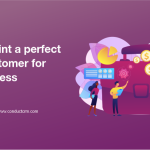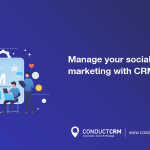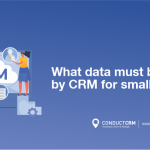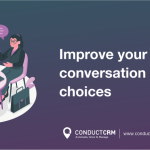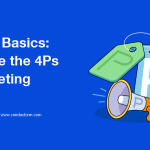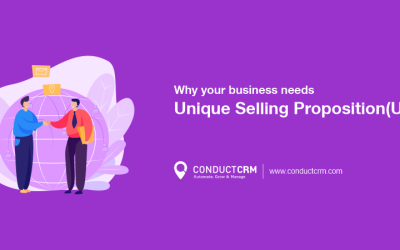The Basics of Marketing Funnel and How It Works?
Introduction
Whether you are running a small business or a big private limited Marketing Funnel is part of every profitable business. Because not every person who is searching your website or visiting your store are not going to be your customer. But each visitor has the potential to become a customer or paying customer! Right? After all, business is all about profit.
Marketing is all about guiding your target audience through a series of steps to ultimately convert them into paying customers. To do this effectively, businesses often use a tool called the marketing funnel. It is a model that helps businesses visualise and understand the stages that a potential customer goes through before making a purchase.
So, In this blog, we will see some questions that gonna help you to build a strong marketing strategy. Let’s take a look at what is the Marketing Funnel.
Contents:
- What is a marketing funnel?
- What are the 5 stages of the marketing funnel?
- Types of the marketing funnel
- What are the 3 stages of the ad-funnel?
- Why Marketing Funnel is important?
What is a Marketing Funnel?
A marketing funnel is a visual presentation of the consumer journey from initial stage like awareness of a product or service to the final purchase. It’s called a “funnel” because the model resembles the shape of a funnel, with a wide opening at the top and a narrow opening at the bottom.
The idea is that as potential customers move through each stage of the funnel, the number of prospects decreases, and those who remain are more likely to make a purchase.
The 5 Stages of a Marketing Funnel
If the funnel is categorized in the stages then it have 5 stages in it. Awareness, Interest, Consideration, Conversion, and Loyalty. Let’s take a closer look at each of these stages.
1) Awareness
This is the first step of the funnel, where potential customers become aware of your product or service. At this stage, the goal is to generate interest and capture the attention of your target audience. You can create awareness by running ads, sharing content on social media, and participating in events.
2) Interest
Once potential customers are aware of your product or service, you need to pique their interest. This is the stage where you provide more information about your offering, such as features, benefits, and use cases. You can do this through targeted content marketing, email campaigns, and lead magnets.
3) Consideration
In this segment, potential customers are evaluating company’s product or service against other similar options. Your goal is to convince them that your offering is the best solution to their problem. You can use customer testimonials, case studies, and product demos to demonstrate value and build trust.
4) Conversion
This is the segment where potential customers become paying or profitable customers. The goal is to make the purchase process as easy and seamless as possible. You can do this by optimizing your checkout process, offering discounts or promotions, and providing exceptional customer service.
5) Loyalty
Once a customer has made a purchase, your goal is to retain them and encourage them to make repeat purchases. You can do this by creating loyalty programs, offering exclusive discounts and promotions, and providing exceptional customer service.
Types of Marketing Funnel
There are several types of marketing funnels that businesses can use depending on their goals and target audience. Here are three common types:
1) Lead Generation Funnel
Lead generation is like fishing. The first step is to determine which type of fish you’re after, where to locate them, and then choose the bait for your hook. It doesn’t end there, however. Once you get a bite, you can’t just reel your line in. A technique for catching your fish and bringing it back without losing it exists.
This type of funnel is designed to generate leads and build an email list. The focus is on getting potential customers to opt in to receive more information about your product or service. There are several lead generation techniques in 2023.
2) Sales Funnel
By creating a sales funnel, marketers can better understand a customer’s journey through the purchasing process, as well as what stage the customer is at along the way. Using these insights, you can decide which marketing channels and activities will best guide customers towards a purchase. Additionally, sales funnels allow marketers to tailor and optimize their activities and messaging to increase conversions.
The sales funnel is designed to convert leads into paying customers. The focus is on building trust and providing value to potential customers to encourage them to make a purchase.
3) Product Launch Funnel
This type of funnel is used to launch a new product or service. The focus is on generating excitement and anticipation leading up to the launch date.
The Three Stages of Ad-Funnel
The ad funnel is a type of marketing process that focuses specifically on advertising. It’s a three-stage process that includes the following stages:
- Awareness
- Consideration
- Conversion
Why Marketing Funnel is Important
The marketing funnel is an essential tool for businesses because it provides a clear framework for guiding potential customers through the buying process. Here are some of the reasons why it is important:
By breaking down the customer journey into different stages, businesses can identify areas where they may be losing potential customers. This can help them optimize their marketing strategies and improve the overall customer experience.
By understanding the different segments of the marketing funnel, businesses can create targeted marketing campaigns that address the needs and pain points of potential user at each stage. This can help increase conversion rates and drive revenue.
The marketing funnel isn’t just about acquiring new customers, it’s also about retaining existing ones. By creating a positive customer experience throughout the funnel, businesses can build brand loyalty and encourage repeat purchases.
Conclusion
The marketing funnel is an essential tool for businesses of all sizes looking to drive revenue and build brand loyalty. Understanding the 5 stages can create targeted marketing campaigns that address the needs and pain points of potential customers at each stage.
However, implementing a successful marketing campaign requires a solid understanding of your target audience, their pain points, and how your product or service can solve their problems. It also requires a comprehensive approach to customer relationship management (CRM).
ConductCRM’s CRM software is a powerful tool that can help businesses effectively manage their marketing process. With features such as lead tracking, email marketing, and customer segmentation, ConductCRM’s software can help businesses create targeted campaigns and automate repetitive tasks, freeing up time for their team to focus on building relationships with potential customers.
Furthermore, CRM software offers powerful analytics and reporting capabilities, allowing businesses to track the effectiveness of their marketing campaigns and optimize their strategies accordingly. Whether you’re a small business or a large corporation, incorporating the marketing funnel into your marketing strategy can help you grow your customer base and increase revenue.
